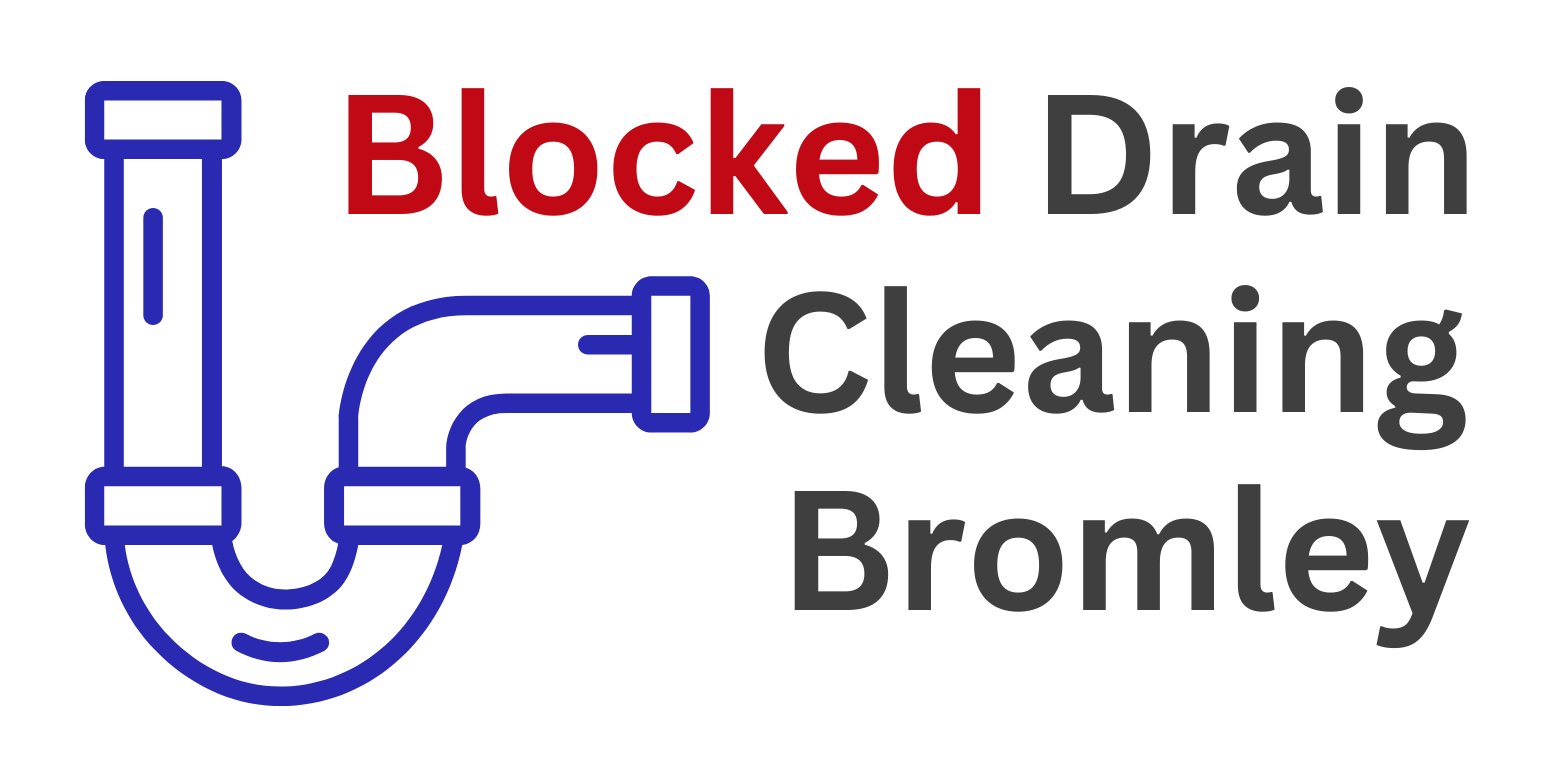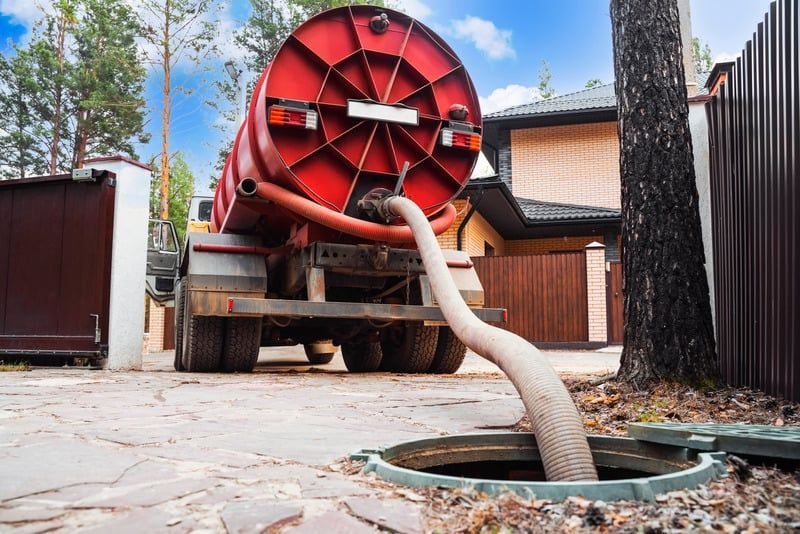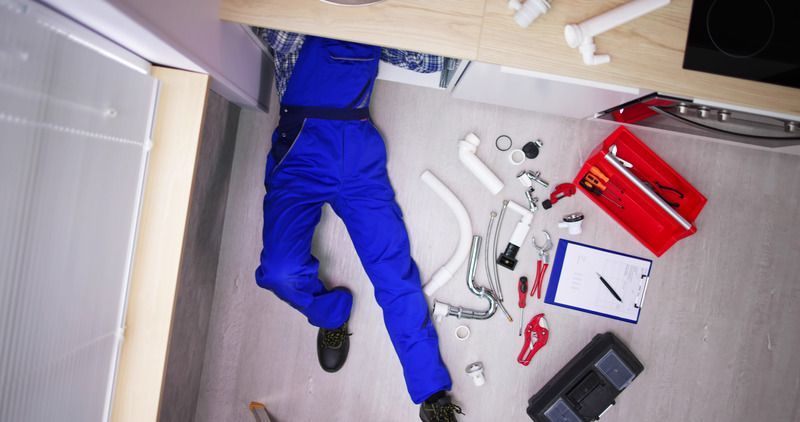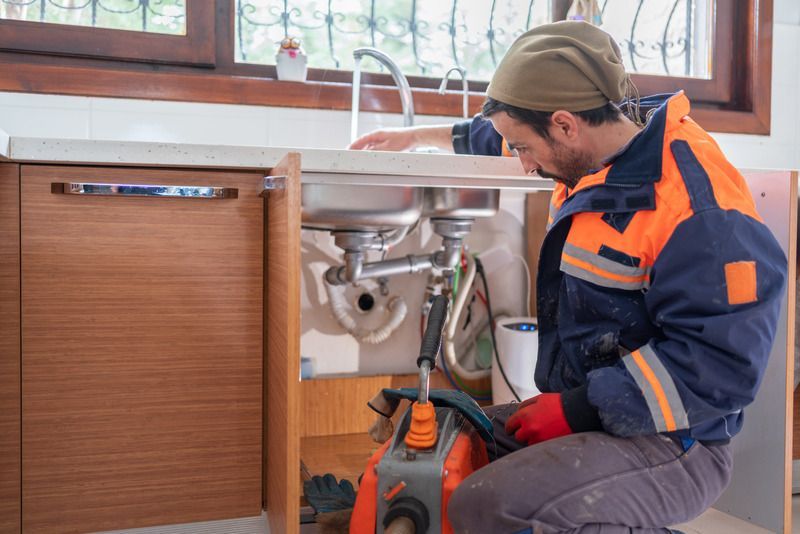How Often Should Landlords Schedule Drain Cleaning Services?
Keeping drains clear in rental properties is essential for both tenant satisfaction and long-term property protection. One of the most common and avoidable issues landlords face is a blocked or poorly maintained drainage system. These problems can lead to water damage, unpleasant smells, and costly emergency call-outs. Regular drain cleaning should be part of every landlord’s maintenance routine. But how often is enough?
This guide breaks down the ideal schedule for cleaning, the risks of neglecting your system, and why professional support is crucial for keeping your property's plumbing in top condition.
1. Why Drain Cleaning Is Crucial for Landlords
Drain systems in rental properties are used more frequently and by different tenants over time, making them more vulnerable to build-ups and blockages. Tenants may not always follow best practices when it comes to what goes down sinks and toilets, meaning that proactive maintenance becomes even more critical. Scheduling regular drain unblocking or preventative cleaning ensures that blockages don’t escalate into more serious issues. It also protects the value of the property and helps landlords meet their legal responsibility to maintain safe and functional plumbing.
2. How Often Should You Schedule Drain Cleaning?
For most rental properties, professional drain cleaning should be carried out once a year. However, there are exceptions:
- Due to ageing pipes, older properties may need cleaning every 6 to 9 months.
- Multiple occupancy homes (HMOs) with heavy usage may benefit from twice-yearly maintenance.
- Tenant behaviour also plays a role—frequent blockages or complaints may mean your property needs more frequent attention.
An annual visit from a trusted professional is enough to maintain flow, detect early signs of issues, and avoid the cost and stress of emergencies.
3. Signs Your Property’s Drains Need Attention
Even with a regular maintenance plan, things can go wrong. Some clear warning signs that drains may need professional cleaning include:
- Slow draining sinks, showers, or baths
- Bad smells coming from plugholes
- Gurgling noises from the plumbing system
- Water backing up or overflowing
If left unaddressed, these symptoms can lead to complete blockages or water damage—both of which are expensive to fix and unpleasant for tenants. A common issue for many landlords is a
blocked drain pipe outside, often caused by a build-up of leaves, mud, or general outdoor debris. When external drains are blocked, they can impact the internal drainage system, causing slow drainage and foul smells inside the property. Checking outdoor drainage is especially important after heavy rain or when leaves fall in large quantities in autumn.
4. How to Prevent Drain Blockages in Rentals
Prevention is always better than cure. Landlords can significantly reduce the risk of clogs by educating tenants on what can and can’t go down the drain. Providing basic information at check-in (e.g., no fats, oils, or sanitary products in the system) can go a long way. It’s also wise to include preventative tools such as drain pipe covers or filters in the kitchen and bathroom. These catch food waste, hair, and other debris before it enters the plumbing system, reducing the chances of future problems.
In cases where issues persist, some landlords search online for a drain unblocker near me to find emergency support. While this can help in a pinch, establishing a relationship with a reliable local plumber for ongoing maintenance is a better long-term solution.
5. Common Causes of Blocked Drains in Tenanted Properties
Blocked drains in rental homes are often caused by everyday misuse. The most frequent culprits include:
- Grease and oil build-up in the kitchen
- Hair and soap scum in the bathroom
- Food particles and coffee grounds going down the sink
- Wet wipes and sanitary products flushed in toilets
One overlooked issue is a
blocked waste pipeline, often caused by internal build-up of grease or foreign objects that have made their way into the drainage system. If not caught early, this can result in severe blockages that affect the entire property’s water flow and may require professional equipment to clear.
6. Why You Should Use a Professional Drain Cleaning Service
DIY methods can sometimes offer temporary relief, but for long-term prevention and proper care, landlords should rely on experts. A professional drain cleaning service uses tools like high-pressure water jetting and CCTV cameras to diagnose and resolve problems before they escalate. These methods are safe for your plumbing and more effective than off-the-shelf chemicals. Plus, hiring a professional ensures compliance with safety and building regulations. It gives landlords peace of mind knowing that the job has been done thoroughly, without causing further damage or disruption.
Drain maintenance is also a key part of responsible property management. A professional provider will not only clean your system but can also flag early warning signs, saving you money and hassle in the long run.
So, how often should landlords schedule drain cleaning? In most cases, once a year is enough to keep your system flowing properly and prevent unexpected problems. However, specific properties—such as older homes or HMOs—may require more frequent servicing based on usage and condition. By staying proactive and working with experienced professionals, landlords can avoid the stress and expense of major plumbing issues.
Keeping tenants informed, watching for warning signs, and scheduling regular maintenance helps maintain a smooth-running rental property.
At Emergency Plumber Luton, we specialise in professional drain unblocking and ongoing maintenance for rental properties and commercial premises. With 24/7 emergency call-outs and transparent pricing, we’ve built a reputation as a trusted name in drainage care. Our experienced team uses modern equipment to detect and clear blockages safely and efficiently. Whether you need scheduled maintenance or help with an urgent issue, you can count on us to deliver fast, reliable service every time.
Landlord tip: Regular
drain cleaning saves you money (and headaches). Find out how often on X!
You might also like
Service Areas
Give us a call today!



